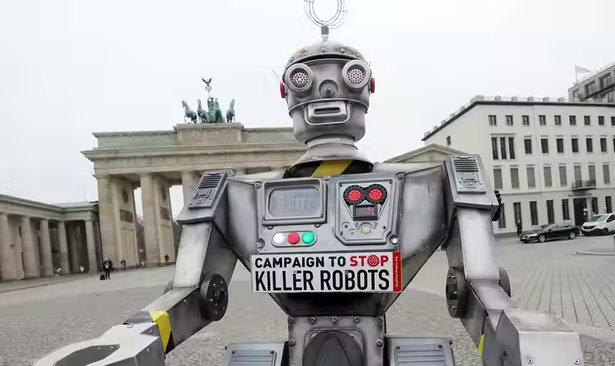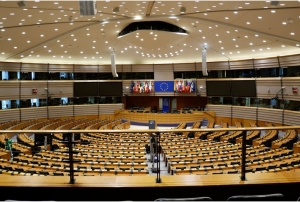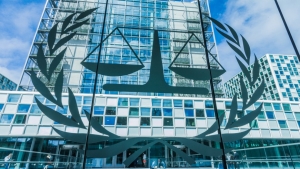- Introduction: Russia and AWS
With the Russian x Ukraine war outbreak, the perils of the use of autonomous weapons systems (AWS), or killer robots, became evident. President Putin has long expressed the Russian focus on killer robots. Significantly enough, he affirmed in 2017 that “Artificial intelligence is the future, not only for Russia, but for all humankind,” and further stated that “Whoever becomes the leader in this sphere will become the ruler of the world.” In Dec. 2021 a special artificial intelligence (AI) department was created in Russia, and the State already started serial production of combatant robots that can fight on their own. There is an increasingly technological international arms race on AWS throughout the globe, and States are investing hugely in AI systems.
2. About AWS
Killer robots are no longer science fiction, and in 2021 a report from the United Nations Security Council recognized for the first time the use of AWS, the STM Kargu-2 was used in conflicts in Libia. AWS are considered a third revolution in warfare after the gun powder and nuclear weapons. Although there is no internationally agreed definition of Autonomous weapons systems, they are mostly defined as weapons that, once activated, can select and engage targets without further human intervention, in this sense, for instance, the definition of the U.S. Department of Defense Directive 3009.
AWS challenge the former paradigm of action since algorithms might take decisions and not human beings. Thus, the current international law, including international human rights, and international humanitarian law, which are grounded on a human action paradigm, faces various challenges dealing with weapons that can decide over life and death.
3. The debate at United Nations and Russian position
In the international arena, the States Group of Governmental Experts on Lethal Autonomous Weapons Systems (GGE) has been formally discussing AWS under the auspices of the Convention on Certain Conventional Weapons (CCW) since 2017. At the GGE Russia has consistently opposed a ban, and refused proposals to negotiate a legally binding instrument or any other restrictive measures on AWS. It contends that existing rules of international law, together with international humanitarian law, already provide relevant limitations that sufficiently address weapons with autonomy features.
In fact, International Humanitarian Law and International Human Rights Law apply to those weapons, but they represent such a paradigm shift that a specific framework is required. While technology develops speedily, diplomacy’s pace is much slower. The GGE decides on a consensus basis which is a primary roadblock. During the last GGE meeting that ended on Dec. 8, 2021, there was a failure to define the following steps and recommendations on LAWS, and Russia was one of the key actors in impeding progress. The same scenario repeated at the Sixth Review Conference of the CCW that finished on Dec. 17 de 2021, which was described as a “tyranny of the minority,” considering that States such as Russia impeded any progress and consensus.
In sum, considering Russia’s position at CCW, the most probable scenario is, unfortunately, that the State would have no constraints in using killer robots in the ongoing war. On the contrary, Russia has previously underlined at GGE its understanding that AWS can perform better than humans and reduce causalities. Russia also opposed at GGE meetings to mechanisms of meaningful human control over AWS.
4. Final reflections: the risks and a call for a moratorium
AWS’s main risks are that those weapons might be incapable of understanding context as humans do. They might not fulfill the IHL humanitarian rules of distinction among civilians and the military and civilians and military targets. It is also uncertain if they are capable of accomplishing the proportionality requirements. The lack of international frameworks of human control over those weapons also raises the risks of deploying them since their outcomes might be entirely out of control. In case of misdoings, accountability is also challenging and uncertain. Furthermore, algorithms are subject to bias and dehumanize the decisions over life and death. In short, as stated by Elon Musk, AWS might be equal to summoning the devil.
Considering the risks of using AWS in the ongoing war and the uncertainty regarding the international framework to address those weapons, States and civil society must act to impede the use of AWS, at least in this conflict, calling for a moratorium on the use of killer robots.
-

Federal Public Defender in Brazil. L.LM Columbia University. Master of Laws PUC-MG. Phd candidate in international Law with the thesis provisory title: Autonomous Weapons Systems and International Responsibility of States.





